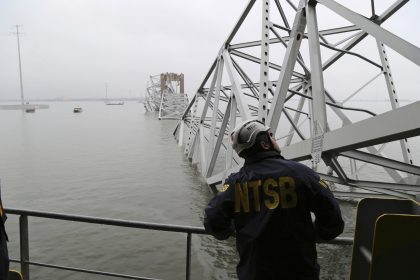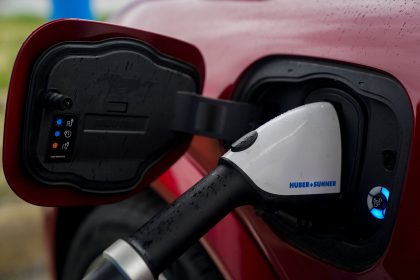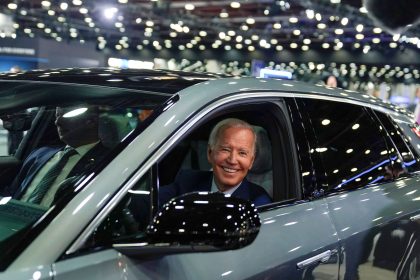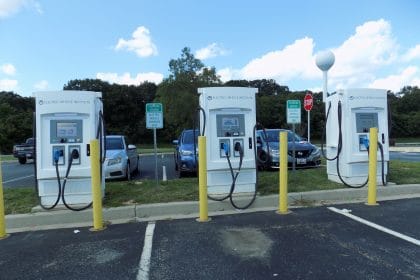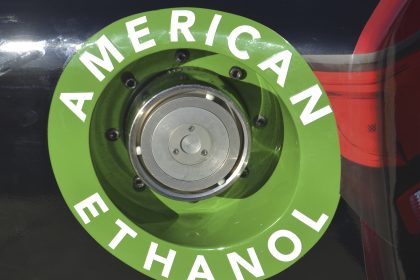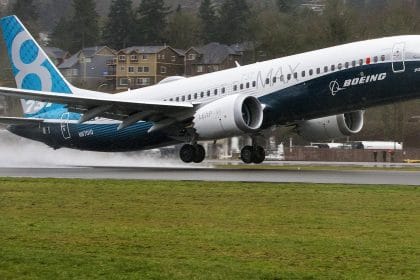Researchers Claim Reduced Traffic Caused by Pandemic Could Become Permanent
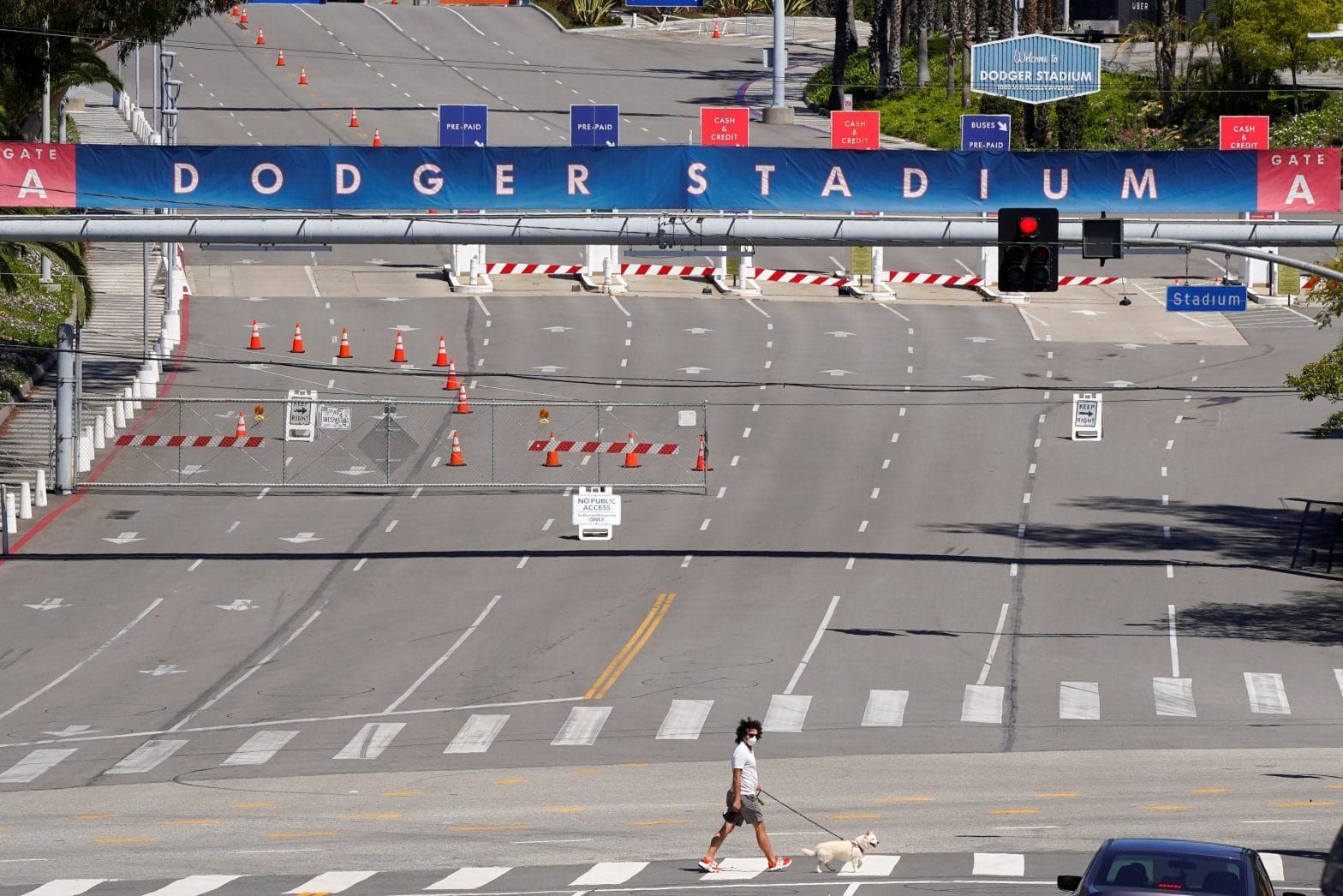
WASHINGTON – The coronavirus pandemic has made life harder for Americans, but one of the few upsides of the crisis has been a massive reduction of traffic across the country.
With fewer cars on the roads, Americans have enjoyed cleaner air, more room for outdoor exercise, and easier commutes for essential workers like emergency responders and delivery services.
Those benefits — however — are likely to evaporate as states and local governments begin to lift lockdown measures and start re-opening their economies.
But researchers at the Brookings Institution, a policy think tank in Washington, D.C., say there’s a way to keep roads free of congestion by capitalizing on the progress made during the pandemic.
In a new report, the researchers studied traffic data collected during the pandemic to come up with ways to improve U.S. traffic conditions in the long run. The data shows a staggering drop in road congestion since the crisis broke out.
“The COVID-19 lockdown has enabled the country to execute a transportation experiment at an almost unfathomable scale,” the report said. “Those results should give us hope that it’s possible to reduce congestion, deliver a safer and greener transportation system, and still bring the economy back to full capacity.”
Using location data from cars and cellphones, the researchers found that every metropolitan area in the U.S. saw a traffic decline of at least 53% since the beginning of March.
Even in New York City — one of the most congested cities in the world — neighborhoods usually mired in traffic like Times Square have fallen eerily silent without drivers honking and engines buzzing.
Some metropolitan areas in California and college towns like Michigan’s Ann Arbor saw traffic levels drop by at least 75%, while medium-sized cities in the South experienced the smallest declines.
The researchers attributed the variations in decline to several factors, including how populations responded to stay-at-home orders, and the share of city workers who could easily switch to teleworking during the crisis.
Voting patterns also played a significant role in the discrepancies: Democratic-leaning counties were far more likely to see a large traffic reduction than Republican ones, according to the study.
To prolong the benefits of low traffic conditions, the researchers suggested that businesses continue to let employees work from home.
“Regional business groups and large national companies should promote more flexible work, especially in some of the country’s most congested metro areas,” the report said.
The researchers also recommended taxing drivers per mile driven or “vehicle-miles traveled” (VMT) fees. It’s an alternative to fuel taxes that charges drivers by the mile instead of charging by the gallon.
The American Association of State Highway and Transportation Officials estimates that gas tax revenues will decline by 30% during the pandemic. Furthermore, tax revenues have been steadily declining as vehicles become more fuel efficient.
But critics of VMT fees say they raise serious privacy issues. The American Civil Liberties Union has opposed the taxing method on the basis that it could violate people’s privacy by requiring the GPS tracking of vehicles by the government.
Taxing drivers by the mile could also present legal issues — the Supreme Court ruled in 2012 that tracking people’s movement without a warrant is unconstitutional. Nonetheless, the report said that the coronavirus crisis could be “an ideal time to expand VMT fees from their pilot phases.”
As a final recommendation, the researchers suggested increasing infrastructure that promotes alternative transportation methods like walking or biking.
Cities across the U.S. have closed streets to vehicular traffic during the pandemic. Last month, the District of Columbia announced it would close three parkways to make it easier for residents to follow social distancing guidelines.
“COVID-19 has been a wake-up call that we leave too little space for sidewalks, bike lanes, and just about any roadway use besides motor vehicles,” the report said.




















